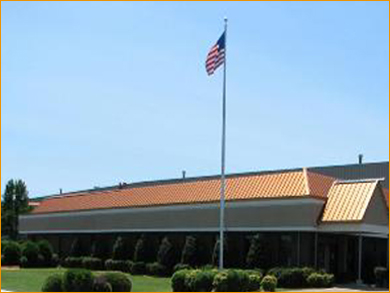3rd Quarter 2016 Hotline
Market Watch
by Joe A. Hollingsworth, Jr.
When one focuses all their time on developing products and delivering them to customers, it can be tempting to take government policy as an unchangeable impediment or enhancement to business. But, governments are competing for talent, investments and risk initiatives in a new global environment.
Stark reminders of this fact are events like Brexit, where thousands of corporate plans were scuttled immediately by a change in policy. For companies that located facilities in Britain to serve both the U.K. and European populations, that assumption of free flow of goods may no longer be valid. Similarly, the passing of ACA in the United States created sudden and continuing uncertainty that has curtailed hiring and investment by businesses facing a new, burdensome and ever-changing regulation.
More immediately relevant for the manufacturing and industrial businesses we serve is how government policies shape location decisions. Businesses are growingly attuned to the long-term affects of government policies have on their taxation, regulatory enforcement, and future workforces. This information is all available instantly on Google so these decisions are never in a vacuum.
Whether it be poor fiscal positions that might lead to massive tax increases in the future (e.g., Chicago) or underinvestment in education that could impair the ability to retain and attract top talent (e.g. Detroit), understanding the policy context is an important heuristic in any location decision. More and more, even a past history of erratic policy decisions at the state or local level can remove a particular location from consideration; with the size of investment in a particular location, businesses understand how costly a mistake can be. With all the economic uncertainty, decision-makers don’t want to layer on political uncertainty because in the end businesses hate variables.
Municipalities, states, and even countries need to understand they are competing for investments and talent and should understand the signals they are transmitting to business decision-makers. From success stories like Ireland and Singapore to horror stories like Russia or Brazil, the resulting differences in economic growth can be enormous, both in current years but also in decades to come as companies hesitate to make big investments in unstable regulatory or political environments.
Watershed moments like Brexit put the effect of policies on business decisions in the headlines, but more and more government living in their own protected bubble with an endless stream of highbrow overblown do-good causes affect the decisions of new risk and investments. The results of these decisions “play out” in our news every day, often locking entire populations into almost hopeless financial challenges largely beyond their control.
Often, the power of our vote is the only restraining tool available to allow hope, risk and individual success to thrive.



